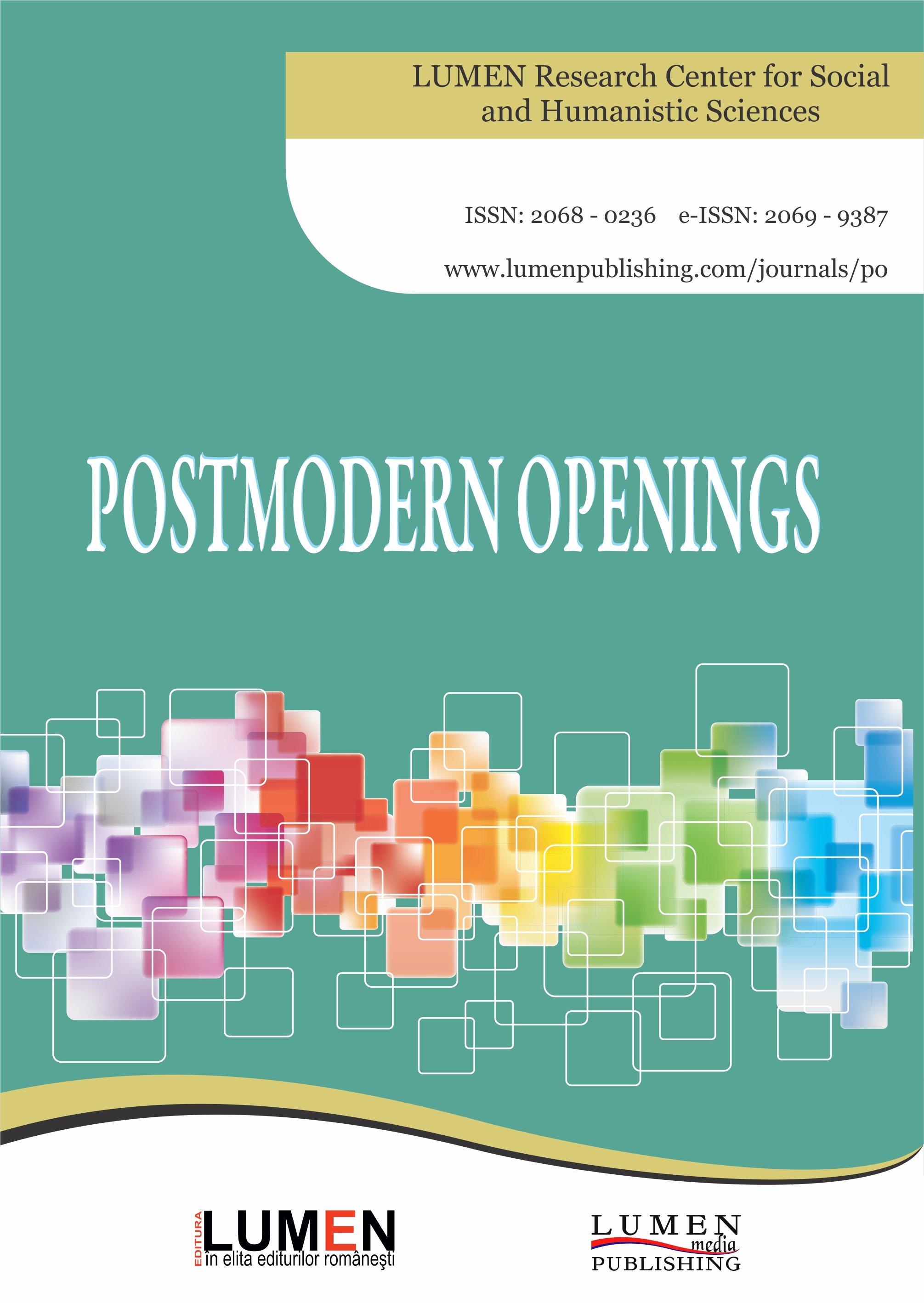Spontaneous Representations of Disability and Attitudes toward Inclusive Educational Practices: a Mixed Approach
Spontaneous Representations of Disability and Attitudes toward Inclusive Educational Practices: a Mixed Approach
Author(s): Alexandra Maftei, Alois GherguţSubject(s): Psychology, Inclusive Education / Inclusion
Published by: Editura Lumen, Asociatia Lumen
Keywords: social representation; perception; disability; children; adults;
Summary/Abstract: The present study's primary aims were a) to explore non-disabled adults' spontaneous representation of disability and the specific associations related to adults and children with disabilities; to investigate participants' general perception of specific inclusive educational practices and the potential impact of contact with disabled individuals on children. We used a mixed (qualitative and quantitative) approach in a sample of 628 participants aged 18 to 82 (M=28.59, SD=11.50). Our results suggested that most explicit representations of disability were negatively valenced, i.e., people generally used pessimistic and detrimental related words. Psychomotor deficiencies comprised the most frequent disability category associated with disabled adults, while autism was the most frequent disability related to disabled children. Participants considered that the inclusion of physically disabled children (compared to children with intellectual disabilities) in public schools has a more positive effect on non-disabled children. The previous contact with a friend or a family member with a disability significantly and positively impacted the general attitude toward disability and inclusive educational practices. Results are discussed regarding their practical implications for the educational system and specific strategies related to inclusive public policies.
Journal: Postmodern Openings
- Issue Year: 12/2021
- Issue No: 2
- Page Range: 18-39
- Page Count: 22
- Language: English

